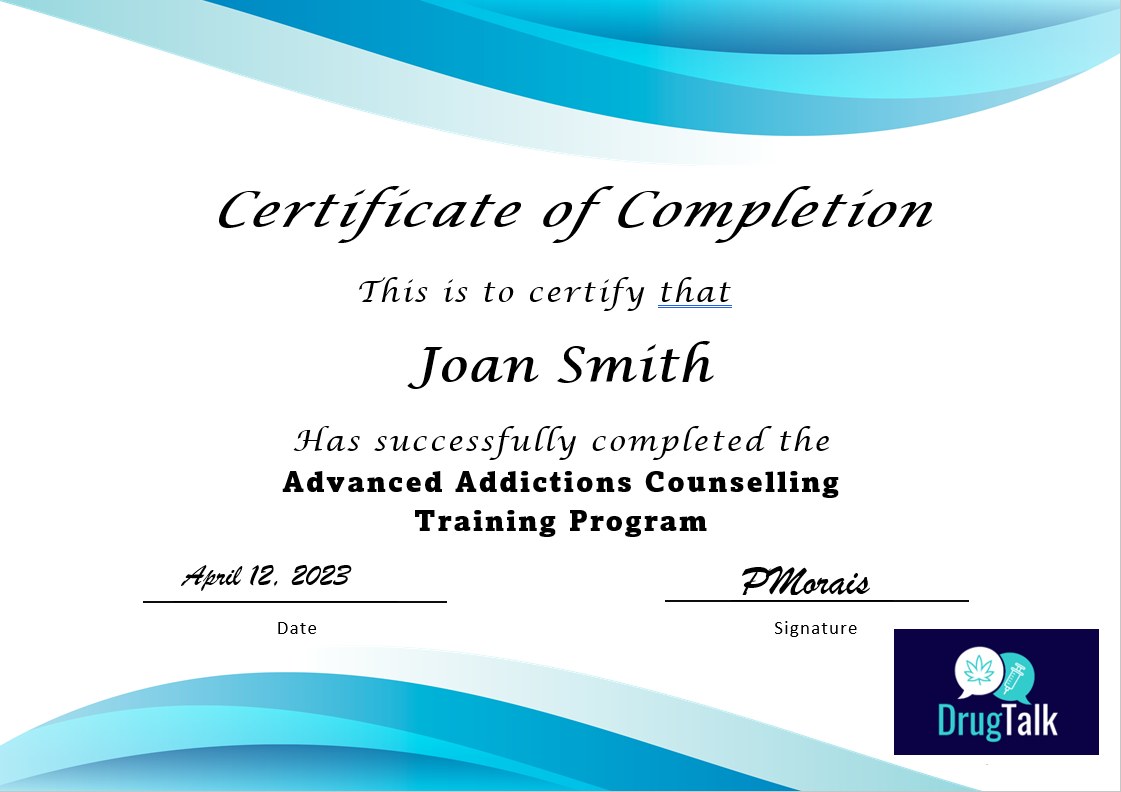COURSE SYNOPSIS
This courses focuses on feelings and thoughts and how they play a part in both addiction and recovery. The course begins with an exploration of one of the key principles regarding emotions: feelings are always caused by a person's perception or belief about an event and not the event itself. Understanding this is not only crucial for anyone to develop emotional maturity, but is also a cornerstone for recovery from addiction. Without the capacity to manage emotions properly, recovery will be much harder.
In addition, students will learn why addiction is, to a large extent, caused by a dysfunctional relationship to feelings. They will also see what a person who has developed an addiction will need to undo and relearn in order to regain health and break free of addiction.
This course will explain in a clear and undeniable way why people with addiction need to focus much of their efforts on how they work, process and think about their feelings.
Each Course Includes
Downloadable Pdf's

video tutorials

Online videos are included with every course. Some courses include more than one video.
quizzes

Quizzes designed to test your understanding
2
Learning Objectives For This Course
At the end of this course, participants will:
- Understand why feelings are natural, desirable and necessary
- List the various ways that an addicts relationship to their feelings is corrupted;
- Explain how feelings can guide a person in recovery from addiction back to health;
- Appreciate the many different challenges someone with an addiction may face in restructuring their relationship to their feelings;
- Explain the concept of “Emotional Maturity” as it relates to addiction;
- Understand the power feelings have to overwhelm a person’s capacity to be make good decisions and be objective;
- Explain the concept of “Secondary Emotions”
- Understand what “Emotional Reasoning” is and how it can cause problems

Additional Details...
Schedule
The course is pre-recorded and delivered online allowing you to start and finish according to your own schedule.
Flexible Program
Take only one course or register for a complete program. We have a full curriculum of great courses to choose from. Pick one or take them all! The choice is yours.
Great Resources
All courses include a video which can be purchased as a resource for your clinic or practice. Check out our great selection of powerful videos to bulk up your library of resources.
Sample of course material
Whenever an addict feels uncomfortable, they usually seek escape in their addiction of choice. While it is true most people would rather not feel unpleasant emotions, addicts become compulsive at trying to escape theirs. As they progress deeper into their addiction, their “escape reaction” to uneasy feelings becomes so entrenched they reach for their addiction as soon as they experience anything they do not like. To fully understand this unhealthy relationship with feelings, we must first look at how we are meant to relate to them.
We were all created with the ability to feel. When babies are born, they have no filtering process, and they experience every feeling completely. Whether they are crying or laughing or just being peaceful and content, their reactions are directly connected to how they feel and there is a certain element of perfection in that because they are functioning in the way that nature intended. If we accept this premise, then as we get older it makes no sense to believe we are supposed to lose our ability to feel but sadly, this is often what happens. We may need to learn to regulate or process our feelings, but we were never meant not to feel them at all. Unfortunately, society places little emphasis on the importance of feelings and how to process them; in fact, one of the main lessons we get growing up is to repress our feelings.
Couple this with another lesson we get early in life: it is acceptable to put substances in our bodies to make us feel better. At first those substances are just food, but eventually our parents begin to give us drugs to make us feel better. Consider the following examples from childhood:
For teething, we got numbing gel on our gums.
For a headache or a cold, we got aspirin or cold syrup.
For a broken bone, the doctor prescribed pain killers with the cast.
For an allergy to pollen, we were given allergy medicine.
It is not hard to see how society conditions us at an early age to make use of substances in order to feel better. Plus, we live in a world that tends to promote escape...
Take this course individually or as part of our
Advanced Addiction Training Program



